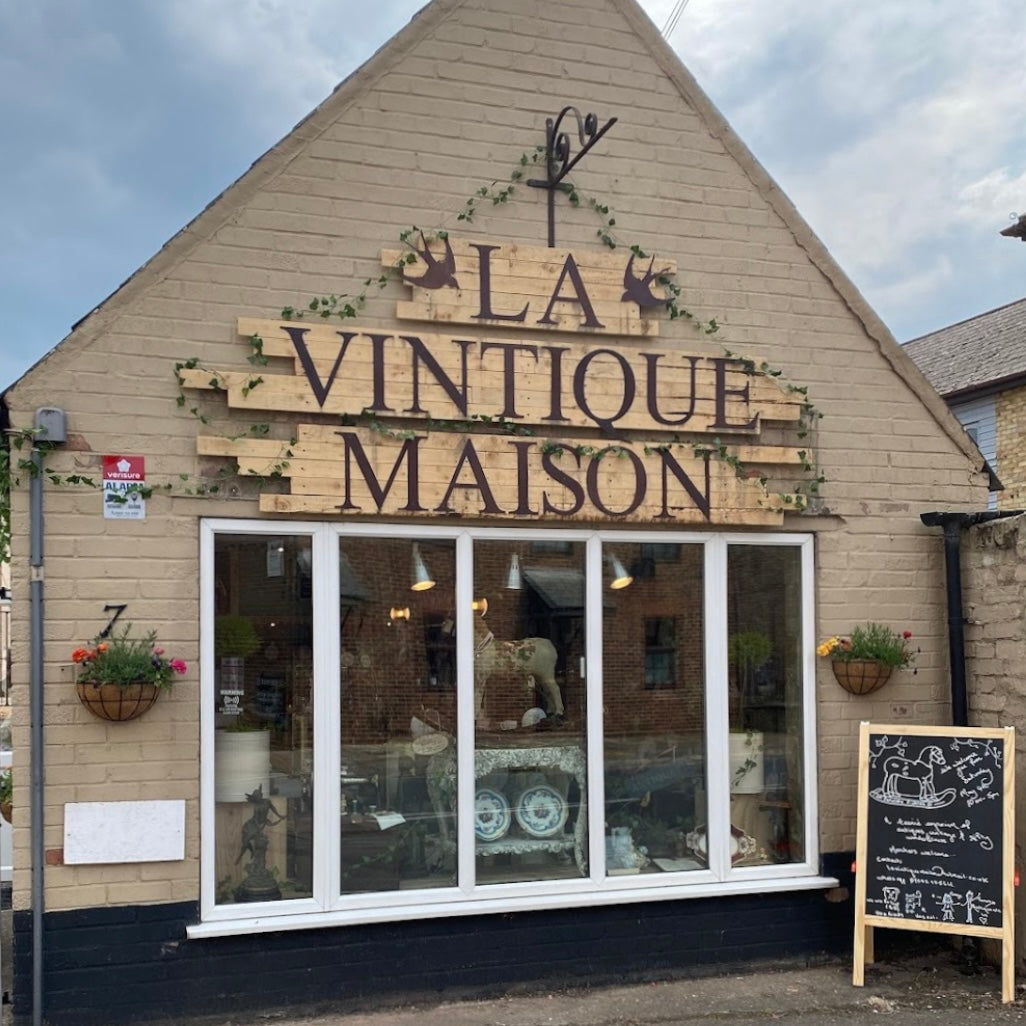Helena Wolfsohn
Antique Helena Wolfsohn Meissen style Plate 19thc Rococo German Porcelain
Antique Helena Wolfsohn Meissen style Plate 19thc Rococo German Porcelain
Couldn't load pickup availability
A reticulated antique porcelain plate by Helena Wolfsohn made in the Meissen style c1879.
The plate features a hand painted romantic Watteau scene illustrating an aristocratic couple in a garden. There are cartouche panels which have floral bouquets and 22kt gilt gold embellishment.
Measures 8 & 1/2" or 21.5cm diameter
The piece is in very good condition for the age. There are not any chips or cracks but the glaze has some crazing lines which do not penetrate the porcelain. Please take a look at the images provided which show the details mentioned from all angles.
Bio;
Helena Wolfsohn was a German porcelain decorator based in Dresden during the 19th century. She took over her father’s porcelain business, L. Meyer & Söhne, and became known for hand-painted porcelain that imitated Meissen-style designs. Her work often featured Watteau-style scenes, inspired by Jean-Antoine Watteau, a French Rococo painter.
Wolfsohn’s studio purchased white porcelain from Meissen and decorated it in the Johann Gregorius Höroldt style, which led to confusion between her pieces and authentic Meissen porcelain. In 1878, her daughter Emilie Elb took over the business, but legal troubles soon followed. The Meissen factory sued Wolfsohn’s studio for using the Augustus Rex (AR) mark, claiming it was misleading. By 1881, the studio was forced to stop using the AR mark in Germany, and by 1883, it was banned in England as well. The financial strain from the lawsuit nearly led to bankruptcy.
In 1893, Emilie’s husband, Leopold Ludwig Elb, became the sole owner of the studio, and in 1906, he sold the business to Xaver Ernst Stephan. His son, Walter Ernst Stephan, ran the studio until his retirement in 1949. Over time, Dresden porcelain decorators, including Wolfsohn’s studio, contributed to the Dresden style, which became famous for its Rococo revival designs
Shipping & Returns
Shipping & Returns































